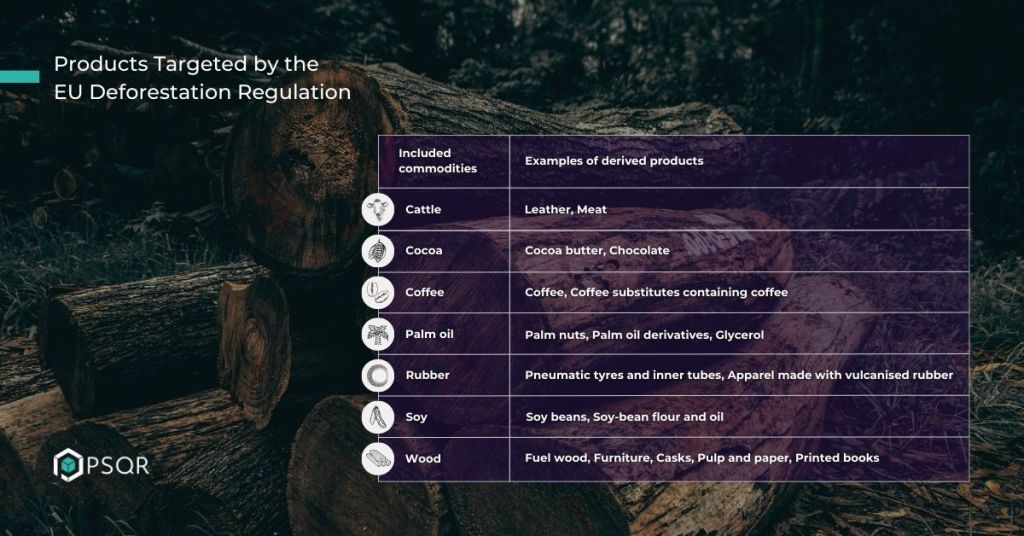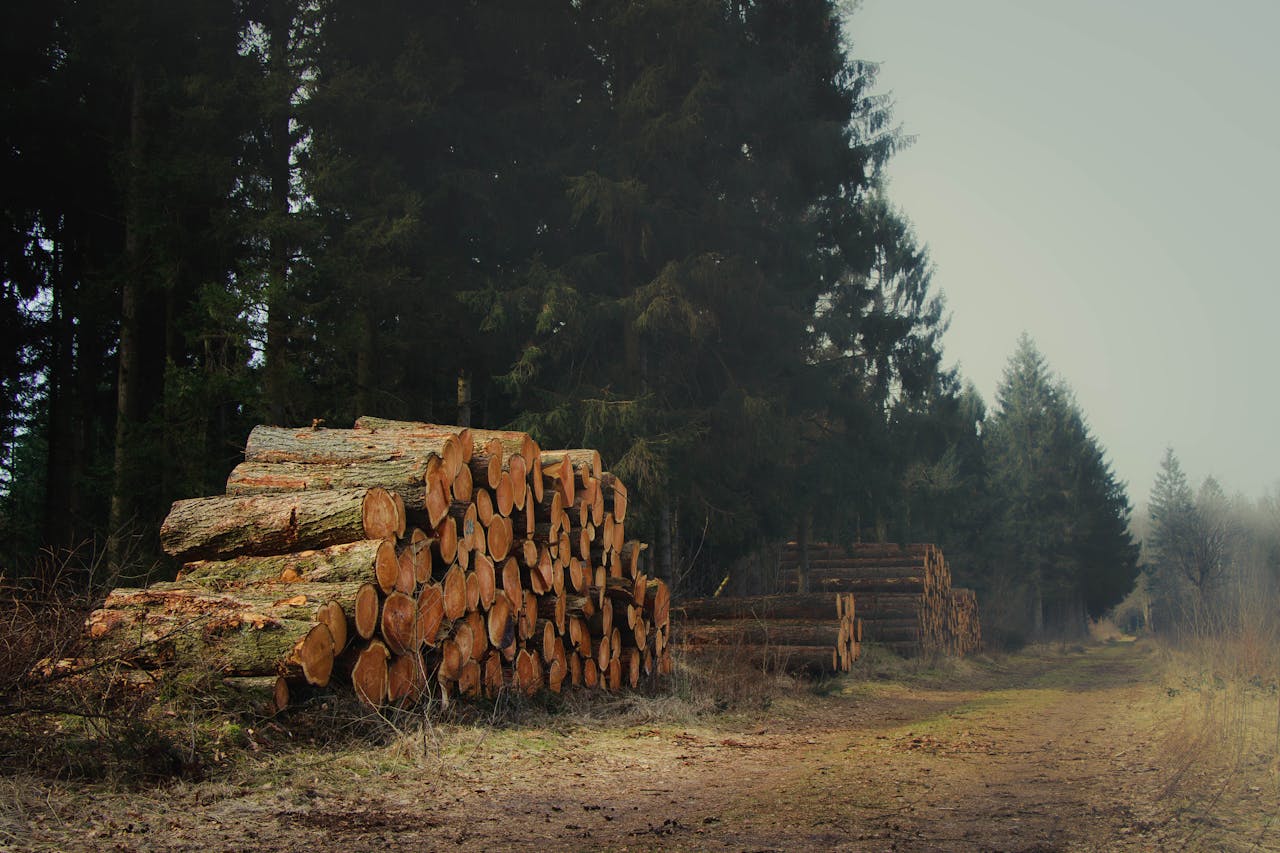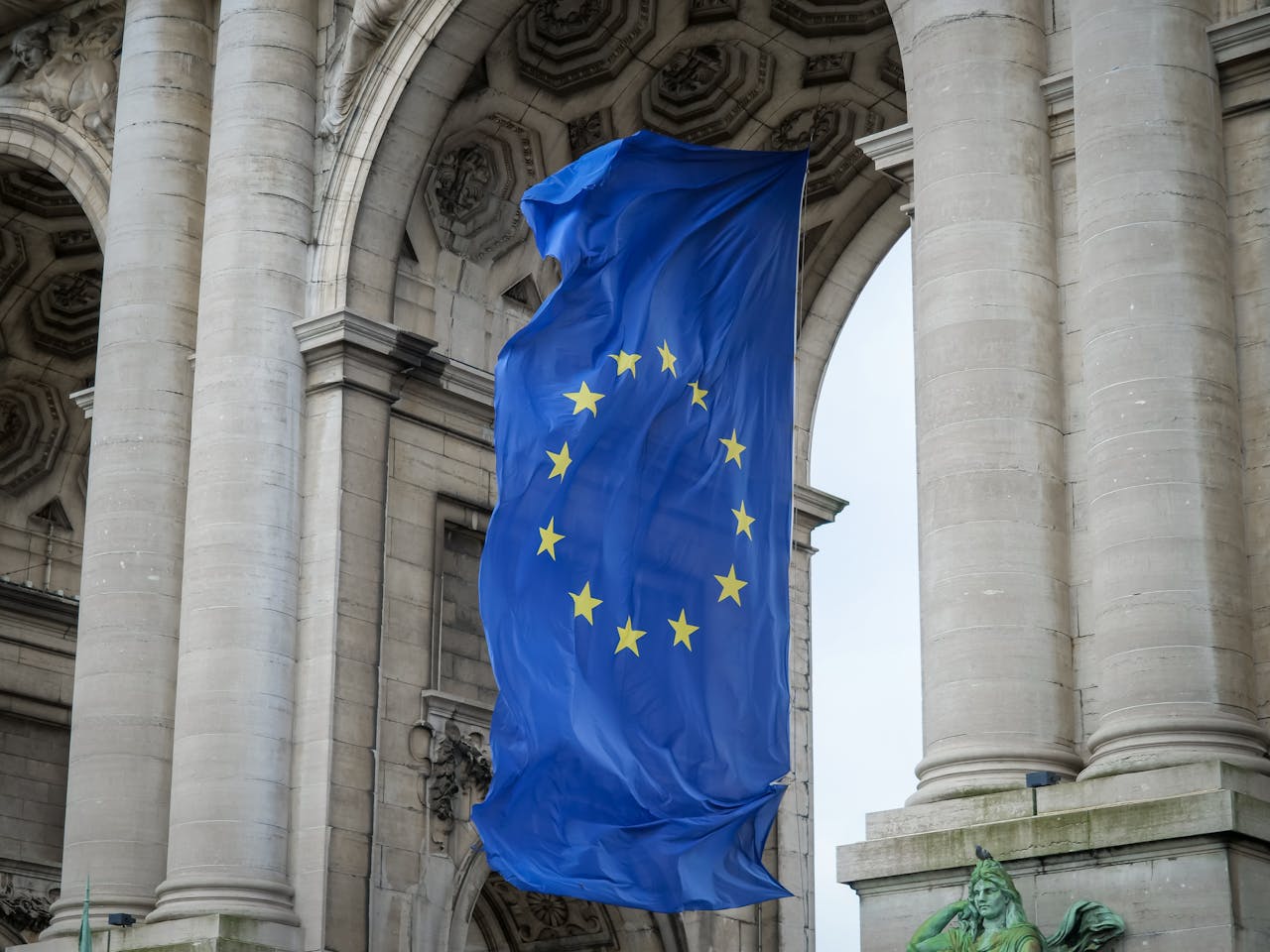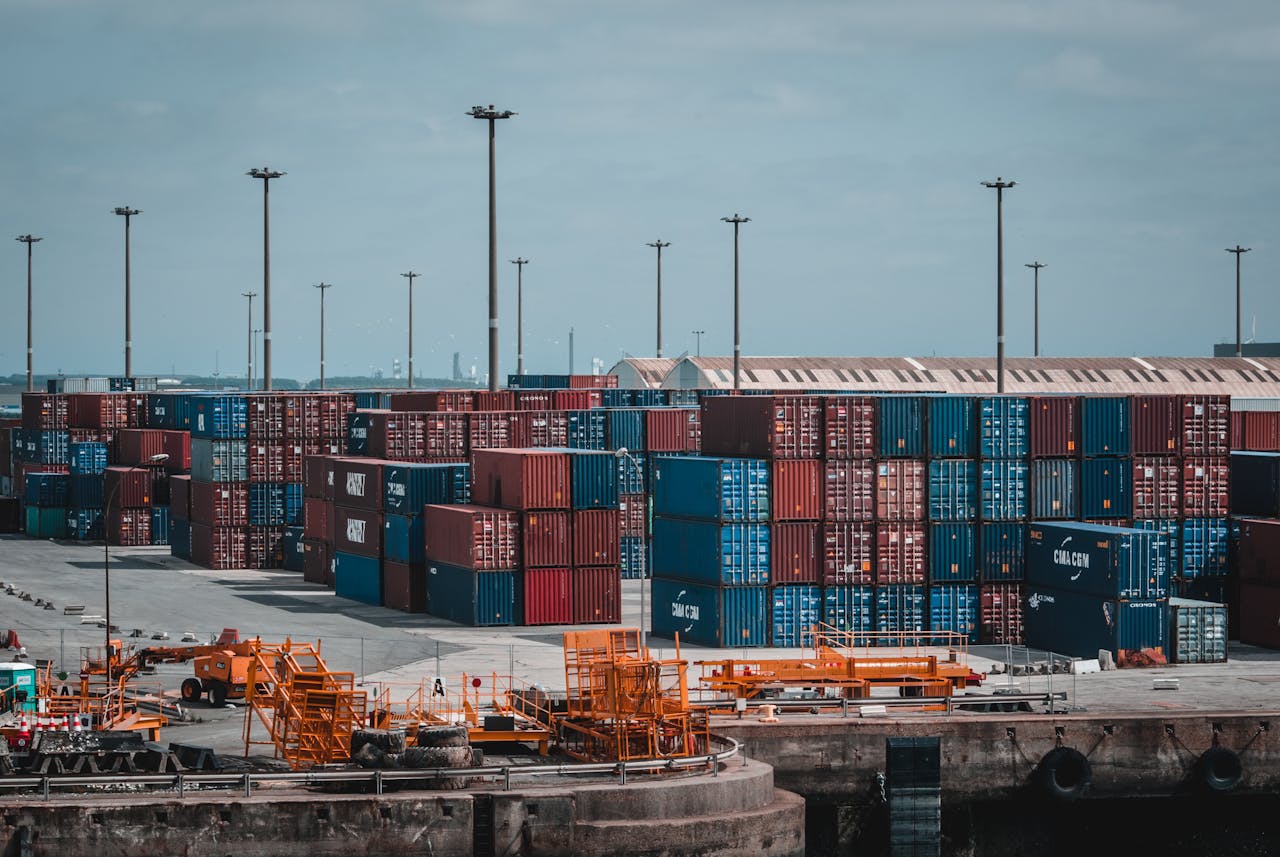What is the EU Deforestation Regulation?
The EU deforestation regulation is a key component of the EU Green Deal and a broader strategy to safeguard the world’s forests.
It complements existing regulations like the EU Timber Regulation and the Forest Law Enforcement, Governance, and Trade (FLEGT) Regulation, which target illegal timber logging.
However, the new EU deforestation-free regulation extends its scope to cover a wider range of commodities.
EU imports play a significant role in driving global deforestation. Between 1990 and 2008, EU imports were responsible for 36% of deforestation related to crop products and over 25% of deforestation associated with ruminant livestock products.
The goal of implementing the deforestation regulation is to reduce deforestation and forest degradation. Considering the substantial impact on global deforestation, the EU deforestation-free regulation is vital for minimizing deforestation, greenhouse gas emissions, and biodiversity loss on a global scale.
What will the new regulation entail?
The EU deforestation regulation introduces mandatory due diligence requirements for operators and traders involved in the EU market for commodities such as:
- Palm oil
- Cattle
- Wood
- Coffee
- Cocoa
- Rubber
- Soy
It also extends to derived products like chocolate, furniture, printed paper, and certain palm oil-based derivatives used in personal care items.
Under the new rules, operators must trace the origin of the commodities they sell back to the specific land where they were produced. The aim is to streamline obligations and reduce administrative burdens for both operators and authorities. Small operators also have the option to rely on larger operators for preparing due diligence declarations.
Furthermore, the regulation establishes a cut-off date of December 31, 2020, stating that only products originating from land that has not experienced deforestation or forest degradation after this date can be traded or exported within the EU market.
In short, the regulation requires that the products are not contained, have not been fed with or made using commodities produced on land subjected to deforestation.

Created inhouse. Inspired by White & Case
What is the due diligence process?
Operators and traders will have to submit a due diligence statement to the competent authority via a dedicated information system established by the European Commission before introducing relevant products to the EU market or exporting them.
It is crucial to note that if the due diligence process identifies significant risks of non-compliance, these products will not be able to enter the EU market.
To guarantee that items entering the EU market are sourced from land free of deforestation or ‘forest degradation’ since December 31, 2020, operators and traders must undertake the following actions:
- Collect comprehensive information demonstrating compliance with the EU deforestation regulation.
- Conduct a risk assessment for each product to evaluate the likelihood of non-compliance with the EUDR.
- Mitigate risks by conducting independent surveys/audits, obtaining additional documentation, or collaborating with suppliers, particularly SMEs, through capacity building and investments.
Furthermore, the EUDR mandates operators to establish and maintain a ‘due diligence system’ comprising procedures and measures to ensure compliance with the regulation.
What are the likely challenges for companies?
The new EU deforestation regulation could be an additional challenge and an extra cost for companies since it will require companies to adapt their operations differently. These are some of the potential challenges the companies may face:
- Depending on the supplier’s current and potential ability to comply with the regulation, raw material sourcing can present a challenge
- Higher complexity in stock-keeping units (SKUs) can lead to a more challenging understanding of cost breakdown and final product margins.
- Creating implementation plans and due diligence processes and identifying products and raw materials with the highest environmental impact for the supply chains must be adjustable to regulatory changes.
- Some of the requirements for the policies to consider the implications of the EU deforestation regulation will include screening the supplier base and implementing a Supplier Code of Conduct.
- The companies will have to identify the key technologies and partnerships to increase evidence-based traceability.
- The companies must provide regular audits on the suppliers and satellite imagery when sourcing from multiple suppliers or different production sites.
The Role of Traceability in the EU Deforestation-Free Regulation
Traceability plays a crucial role in deforestation regulation for several reasons:
- Accountability: Traceability allows identifying the origin and journey of commodities throughout the supply chain. It enables businesses and regulatory authorities to hold responsible parties accountable for any unsustainable or illegal practices leading to deforestation.
- Verification of compliance: Traceability systems enable verifying whether commodities are sourced from deforestation-free or sustainable practices. By tracing the supply chain, regulators can assess whether companies adhere to the requirements outlined in the EU deforestation regulation.
- Identifying high-risk areas: Traceability helps pinpoint regions or areas where deforestation is prevalent or at high risk. By monitoring the movement of commodities, authorities can identify problematic areas that require specific attention and targeted interventions.
- Promoting transparency: Traceability fosters transparency by providing consumers, businesses, and stakeholders with information about commodities’ origin and environmental impact. This transparency empowers informed decision-making and allows consumers to make choices aligned with their environmental values.
- Encouraging sustainable practices: Deforestation regulations incentivize businesses to adopt sustainable practices throughout their supply chains by implementing traceability systems. The knowledge that their operations are being monitored promotes the adoption of responsible sourcing. As a result, this reduces the likelihood of engaging with suppliers involved in deforestation.
Overall, traceability enhances the effectiveness of deforestation regulations by:
- Promoting accountability
- Ensuring compliance
- Identifying high-risk areas
- Promoting transparency
- Encouraging sustainable practices
It enables stakeholders to work collectively towards mitigating the environmental impacts of deforestation and supporting the transition to more sustainable and responsible supply chains.
Conclusion
In conclusion, the implementation of deforestation regulation marks a significant step towards mitigating the impact of deforestation. Traceability emerges as a vital component in ensuring compliance with these regulations.
Through robust traceability systems, businesses can gather accurate information about the source of their products, including geographic coordinates and other essential data. This empowers them to assess the risk of deforestation and make informed decisions about their supply chain partners.
Moreover, traceability fosters transparency and accountability, allowing stakeholders to monitor and verify compliance with deforestation regulations. It provides a mechanism for identifying and addressing non-compliance, driving improvements in industry sustainability practices.
Companies embracing traceability technologies, such as satellite imagery and digital platforms, enhance their ability to meet the rigorous requirements of deforestation regulations.
Ultimately, traceability serves as a crucial instrument in achieving the goals of deforestation regulation. By promoting transparency, accountability, and responsible sourcing, traceability enables businesses to contribute to the preservation of forests, the protection of biodiversity, and the fight against climate change.
If you would like to learn more about the EU deforestation regulation, you can download our free ebook.






